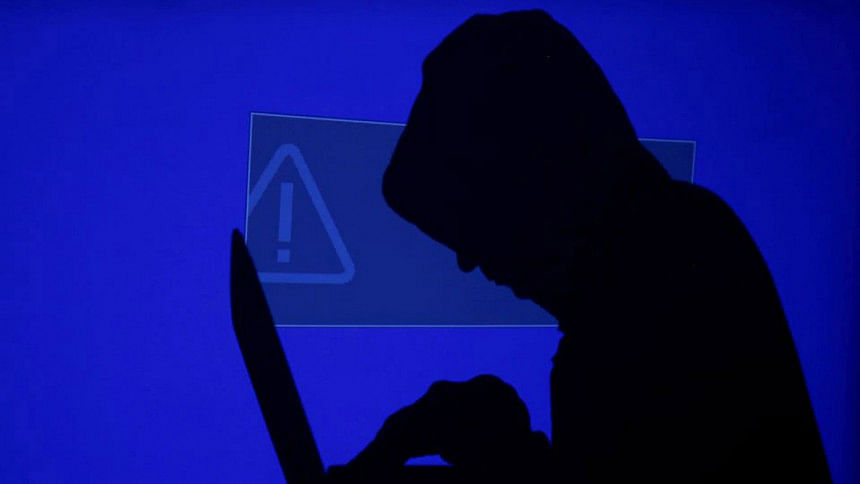Why are we not bothered about Pegasus?

The world is abuzz with the news reports by several major international news outlets that have revealed how people among 45 countries have been spied upon with the help of Pegasus spyware. Created by Israeli company NSO Group, this spyware has the most invasive techniques to get information on any person with a mobile phone. It can harvest data, turn on the microphone and camera of any smartphone without even the user doing anything, track location and record conversations and even initiate downloads without the user knowing it. So far, according to reports, rights activists, journalists, politicians and jurists in the 45 countries have been targeted including French president Emmanuelle Macron, Pakistan's Prime Minister Imran Khan and Indian politician Rahul Gandhi.
The Washington Post has documented Pegasus infections in 45 locations and this includes Bangladesh though the paper has added that infected phones do not necessarily mean that a country's government is a client.
So far the Bangladesh government has totally rejected such a possibility. The Post and Telecommunications Minister has said that neither the telecommunications division nor the ICT division purchased such spyware. The director (media and legal wing) of Rapid Action Battalion, has also denied buying or using the spyware.
We applaud the 17 news organisations in 10 countries that launched the Pegasus Project, an investigative reporting consortium, following the leak. If it was not for these intense investigative efforts we would never have known the extent to which our privacy is being invaded.
Though Bangladesh has officially denied acquiring this spyware, the fact that the probe has found Bangladesh to be one of the locations where phones have been infected is cause for alarm. We have already seen the way private conversations, confidential documents are leaked in social media that serve to benefit certain quarters and malign or discredit others. Phone-tapping has been practiced in this country for many years so the existence of such surveillance software would not be surprising. Unfortunately we the general public cannot feel confident that various kinds of technology will not be used to invade our privacy and the data used to hurt us. The way the Digital Security Act is being abused, for instance, to intimidate and incarcerate any kind of dissenting voice or just purely to settle personal scores gives us little confidence regarding how such spyware could be used if the state is using it.
We sincerely hope that the official denials of acquiring such spyware can be trusted. But the fact that a leading international news outlet has identified Bangladesh as one of the locations where Pegasus exists should prompt the government to vigorously find out who the clients of this spyware are. Fortunately the investigating media outlets have said that they will gradually publish the names of the clients of NSO Group so we will all be able to know. Surveillance of citizens with such techniques are a blatant violation of our privacy and contradictory to democratic values. We hope Bangladesh will put an end to all speculations and find out whether this spyware is being used and if so, against whom.

 For all latest news, follow The Daily Star's Google News channel.
For all latest news, follow The Daily Star's Google News channel. 



Comments